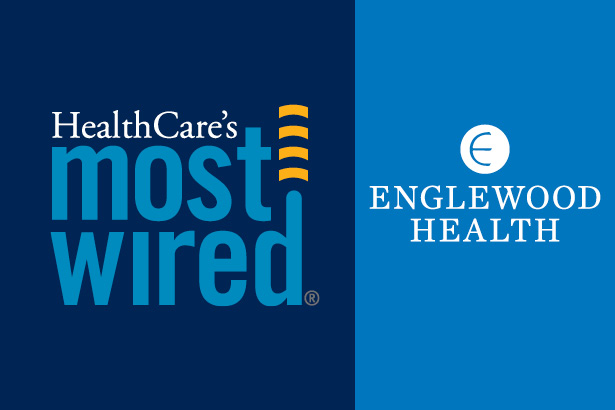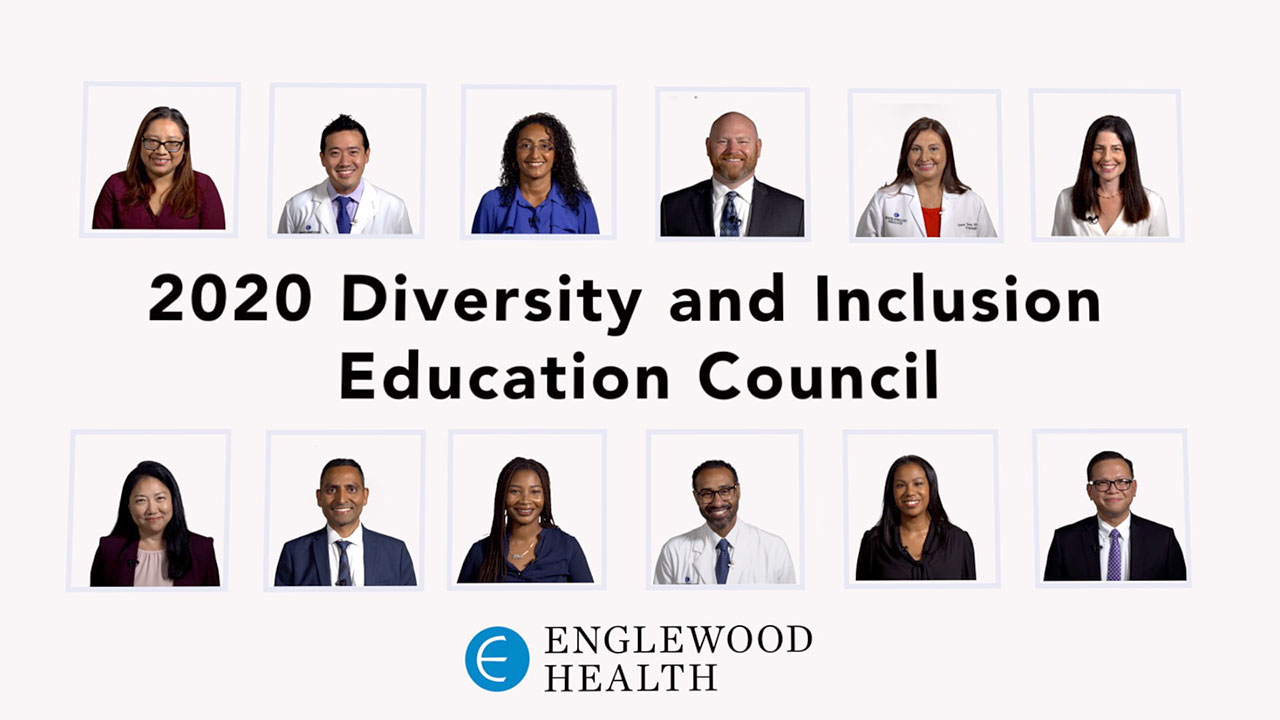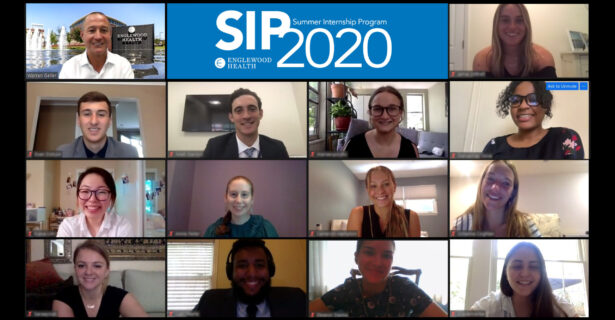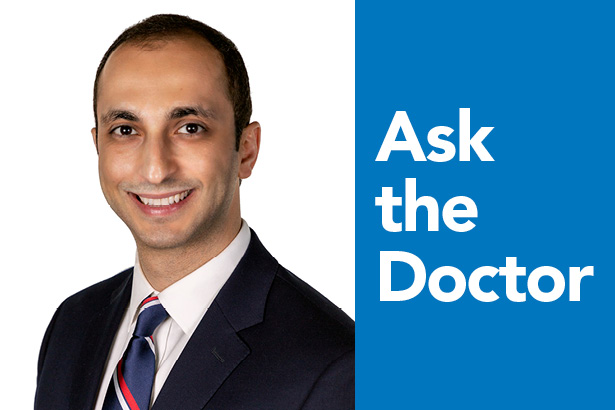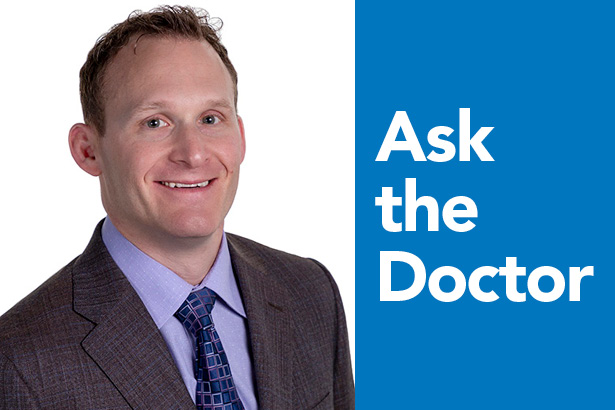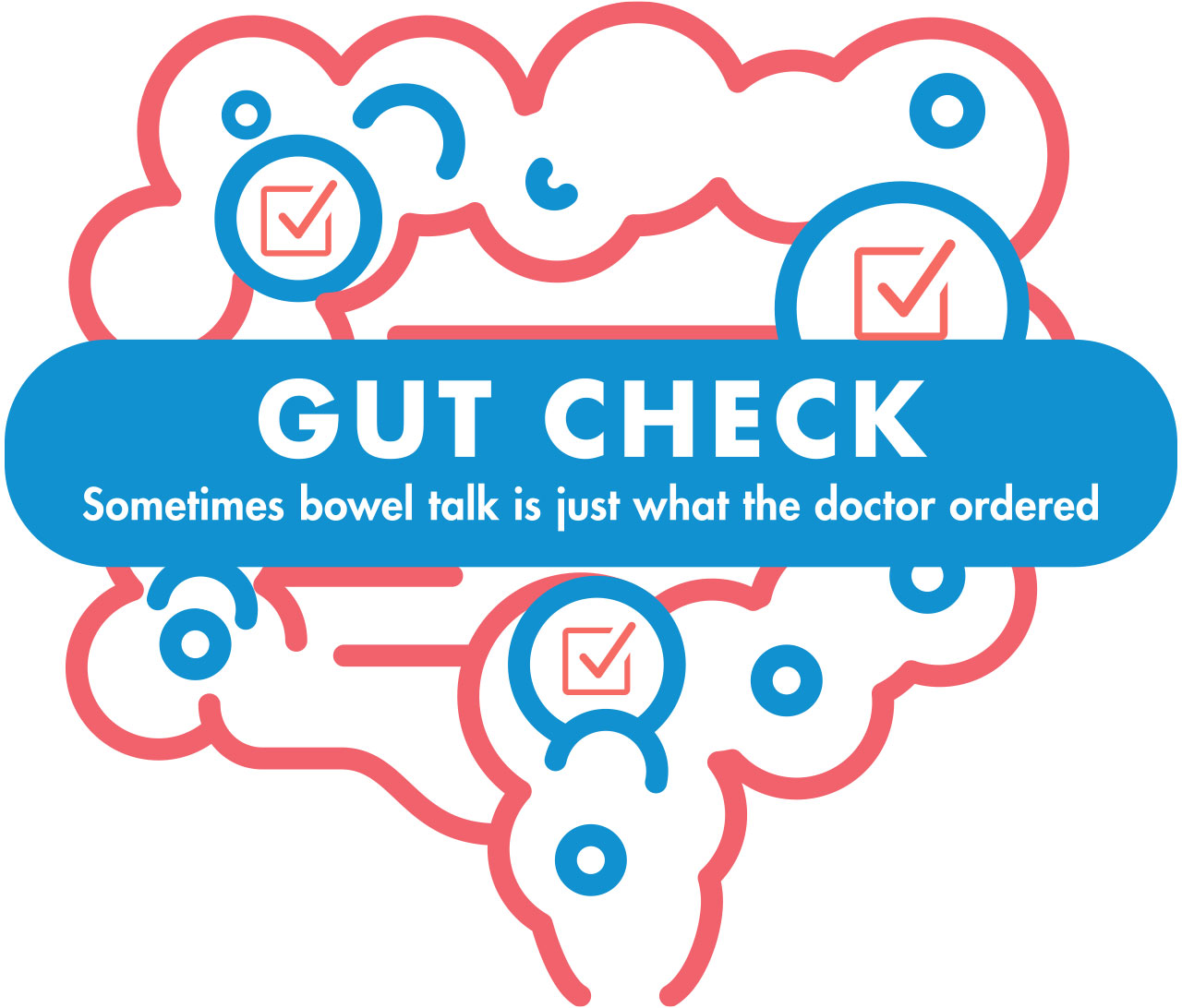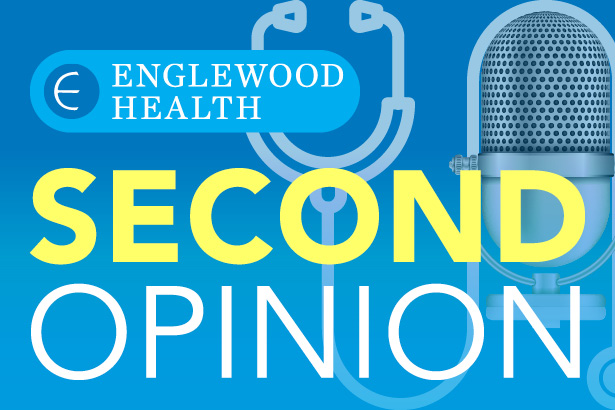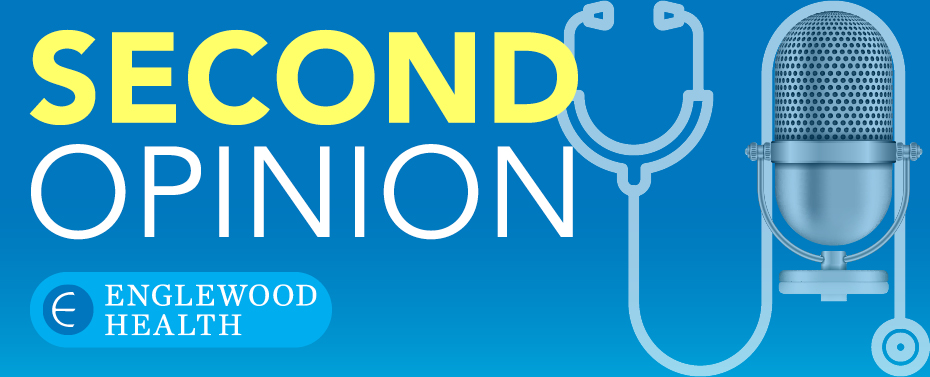Health system uses innovative technology to improve patient care, outcomes
October 6, 2020 — Englewood Health, together with the College of Healthcare Information Management Executives (CHIME), is proud to announce its 2020 CHIME Digital Health Most Wired recognition, marking its seventh consecutive year named a Most Wired hospital.
The CHIME Digital Health Most Wired program conducts an annual survey to assess how effectively healthcare organizations apply core and advanced technologies in their clinical and business programs to improve overall health and access to care in their communities.
“Hospitals in the New York-New Jersey metropolitan area are among the best places to receive state-of-the-art, comprehensive health care,” said Warren Geller, president and CEO of Englewood Health. “At Englewood Health, our clinical and information technology teams effectively deploy and use the latest technologies to provide care more quickly, more accurately, and with better outcomes.”
A total of 30,091 organizations were represented in the 2020 Digital Health Most Wired program, which this year included four separate surveys: domestic, ambulatory, long-term care, and international. The surveys assessed the adoption, integration, and impact of technologies in healthcare organizations at all stages of development, from early development to industry leading.
Each participating organization received a customized benchmarking report, an overall score, and scores for individual levels in eight segments: infrastructure; security; business/disaster recovery; administrative/supply chain; analytics/data management; interoperability/population health; patient engagement; and clinical quality/safety. Participants can use the report and scores to identify strengths and opportunities for improvement. Participants also received certification based on their overall performance, with level 10 being the highest.
“Digital technology has been a driver of innovation in health care for many years now, but never to the degree that we saw in 2020 with the pandemic,” said CHIME President and CEO Russell P. Branzell. “The Digital Health Most Wired program underscores why healthcare organizations keep pushing themselves to be digital leaders and shows what amazing feats they can achieve. This certification recognizes their exemplary performance in 2020.”
This is the third year that CHIME has conducted the survey and overseen the program. In each successive year, CHIME has expanded the survey to capture more types of organizations that serve patients across the continuum of care. CHIME also continues to promote the program internationally to provide a global overview of digital health advancements.
As in past years, CHIME will publish an industry trends report based on Digital Health Most Wired responses from U.S. participants. The 2020 National Trends Report is scheduled to be released in November during CHIME20 Digital.
For more information about the CHIME Digital Health Most Wired program, please visit chimecentral.org/chime-most-wired-2.

